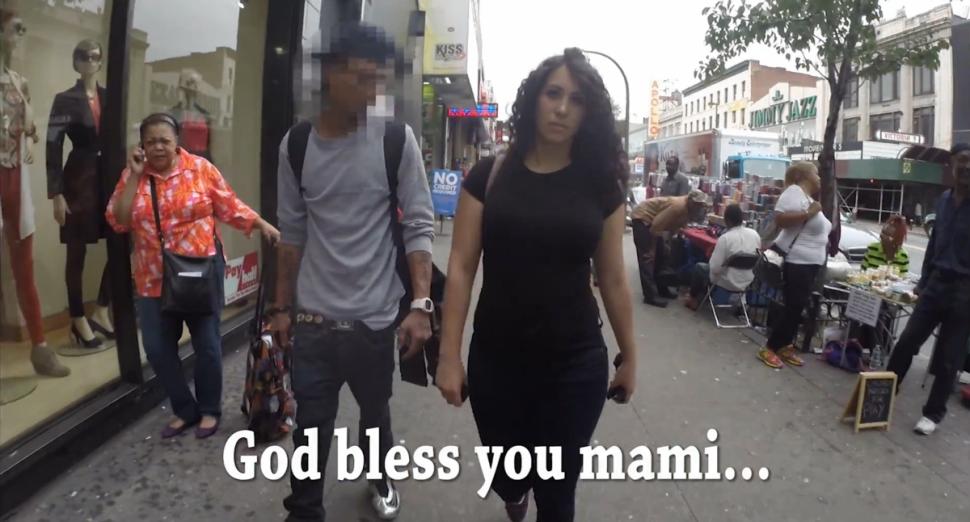OPINION
By Meghan Daum
Los Angeles Times.
If for some unfathomable reason you’re not among the more than 30 million people who’ve already seen the “catcalling video” that started ricocheting through the zeitgeist recently, I’ll give you a brief rundown.
An actress named Shoshana Roberts, unremarkably dressed, is videotaped with a hidden camera as she walks around a variety of New York City neighborhoods. Over 10 hours, men vied for her attention, asking, “What’s up, beautiful?” and demanding to know why she won’t talk to them. Some seem pretty innocuous. Others, like the one who walks next to Roberts silently for five minutes straight, are downright creepy.
What began as feminist activism from an anti-street harassment organization called Hollaback expanded into a referendum on race, because Roberts is white and the vast majority of the men on the video are black or Latino.
For all the video tells us about race, men and the discomfort women can experience on the street, it also tells us something about a different, and relatively new, kind of cultural discomfort: our awkwardness in negotiating public spaces.
When I watch the video, I see not just a woman being objectified by men but also a woman who, presumably at the behest of her director, is totally unwilling to engage in the world around her. She makes no eye contact, responds to no greeting, registers no interest in the people in her midst. I also see in it a filmmaker who hasn’t bothered to parse the difference between a “good morning” and a “hey, baby.” And in reading women’s reactions, I sense a perception that any of these guys could have pulled Roberts into an alley and assaulted her at any time.
Hollaback, which is committed to the message that a “hello” can easily and quickly escalate into violence, certainly seems to share that perception. But in the context of this video at least, it’s a little tone deaf.
As she walked, Roberts was surrounded by hundreds of people, many of whom would surely have intervened if she’d needed help. As odd as the creepy companion walker was, does it fit Hollaback founder Emily May’s description of “a terrifying, terrifying experience”?
Obviously only Roberts can say how she felt about any given interaction. Nonetheless, here’s the thing about life in the big city, especially cities whose identities are rooted in the energy of the street: You can’t live in a vacuum. In fact, most residents don’t want to live in a vacuum. They have boundaries, but they still want to share a nod or knowing glance with a stranger on the bus or subway. They want to weave their individual, day-to-day experiences into the larger tapestry. And nothing about Robert’s disconnected, almost zombie-like comportment in the video reflects that spirit.
We all have our zombie-like days, of course. But I suspect that in real life Roberts handles men who talk to her on the street the same way most women eventually learn to: by saying “thank you” or saying something The Times won’t print, or waving a hand in a way that could be taken as either friendly or dismissive.
Hollaback might consider these concessions are themselves symptoms of patriarchal oppression, and that is a fair, if not exactly new, point. I would say what’s missing from the video is that making concessions to strangers, sometimes acknowledging their existence, is part of what it means to share the world with other people, at least the real-life, three-dimensional world.
Of course, that world increasingly takes a back seat to the digital sphere, where ignoring unwanted communications is standard protocol, where many, if not most, conversations take place via text or email. Dating and sexual conquest belong largely to the realm of online dating sites and Tinder feeds. Moreover, most people when they do find themselves in public spaces, spend more time looking at their phones than looking at what’s around them. Little by little, we’re losing our instinct for joining the larger tapestry.
And maybe that’s the ultimate lesson of the catcalling video. It’s not just that men can be boorish or that race and class issues can be thorny but that walking down the street can be more complicated than hanging out online. Not to mention a lot more interesting.














































































































































































































































































































































































